Peyton Fulford and Ricardo Nagaoka
Peyton Fulford (b.1994) is an American photographer born and raised in south Georgia. With an emphasis on narrative portraiture, she believes good storytelling relies on intimately understanding the complexities of the subject’s life and environment. Her work has been exhibited world-wide and featured in TIME Magazine, The New York Times, British Journal of Photography, among others. She is the recipient of the 2018 Firecracker Photographic Grant and finalist of the Inge Morath Award given by Magnum Photos. She currently lives and works in Atlanta and New York.
Ricardo Nagaoka (b. 1993) is a Japanese-Latino photographer, born and raised in Paraguay, and a grandson of Japanese immigrants. He immigrated to Canada with his family during his teenage years, and eventually landed in the U.S to study at the Rhode Island School of Design (BFA in Photography). He currently lives and works in Portland and LA. Growing up as an East Asian individual in a mostly homogeneous country, he was an outsider in his own homeland. His surroundings insisted on him to define his own agency, challenging his cultural and familial identities from a young age. Ricardo’s work draws from his experiences as an outsider. His projects seek to explore our constructs and ideas of home, history, and selfhood in a globalized world. He finds an urgency in questioning the tendency to frame social issues through their surfaces, where the unseen is often pushed aside for the immediately visible.
Peyton Fulford photographed by Ross Landenberger
Ricardo Nagaoka photographed by Alexis Paschal
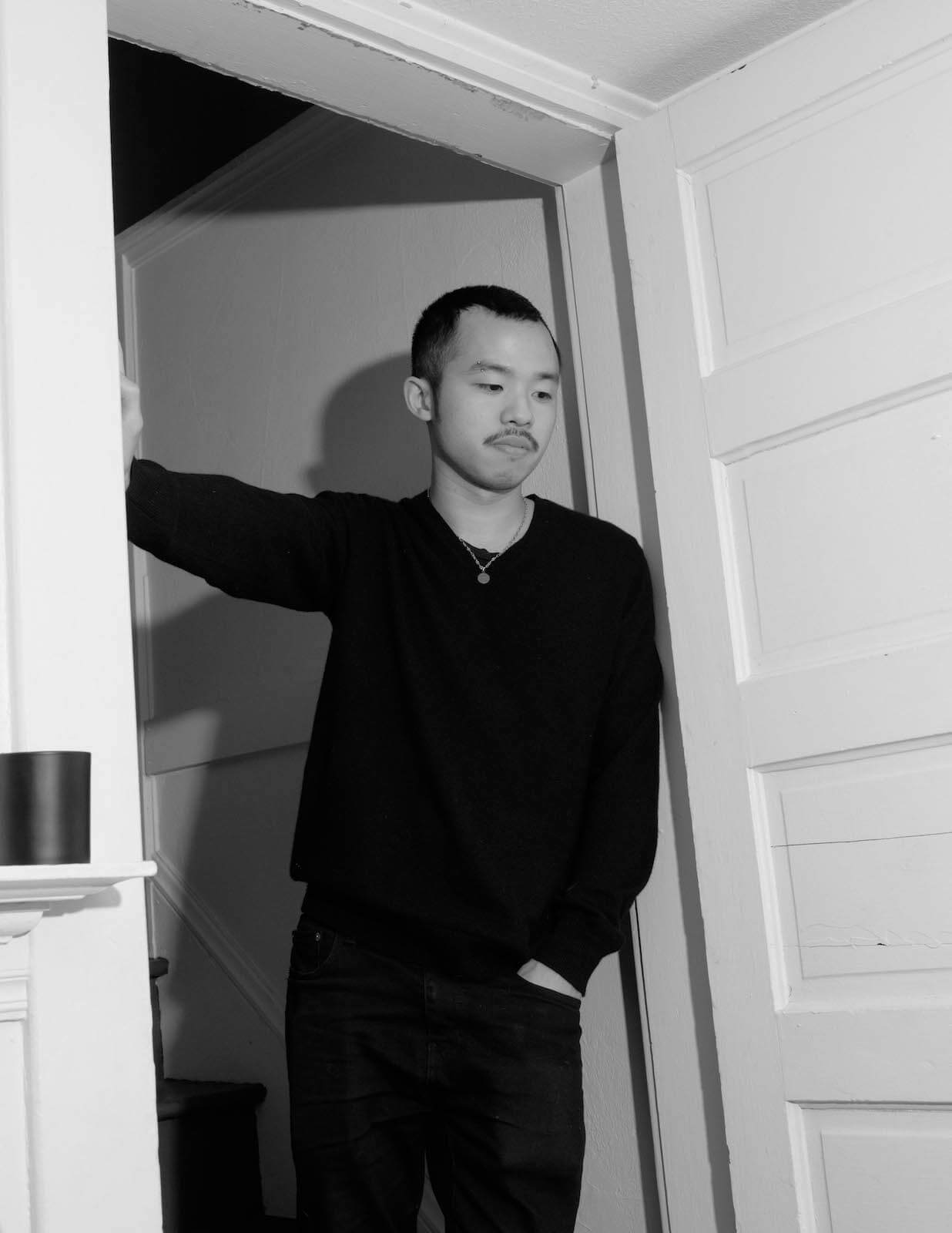
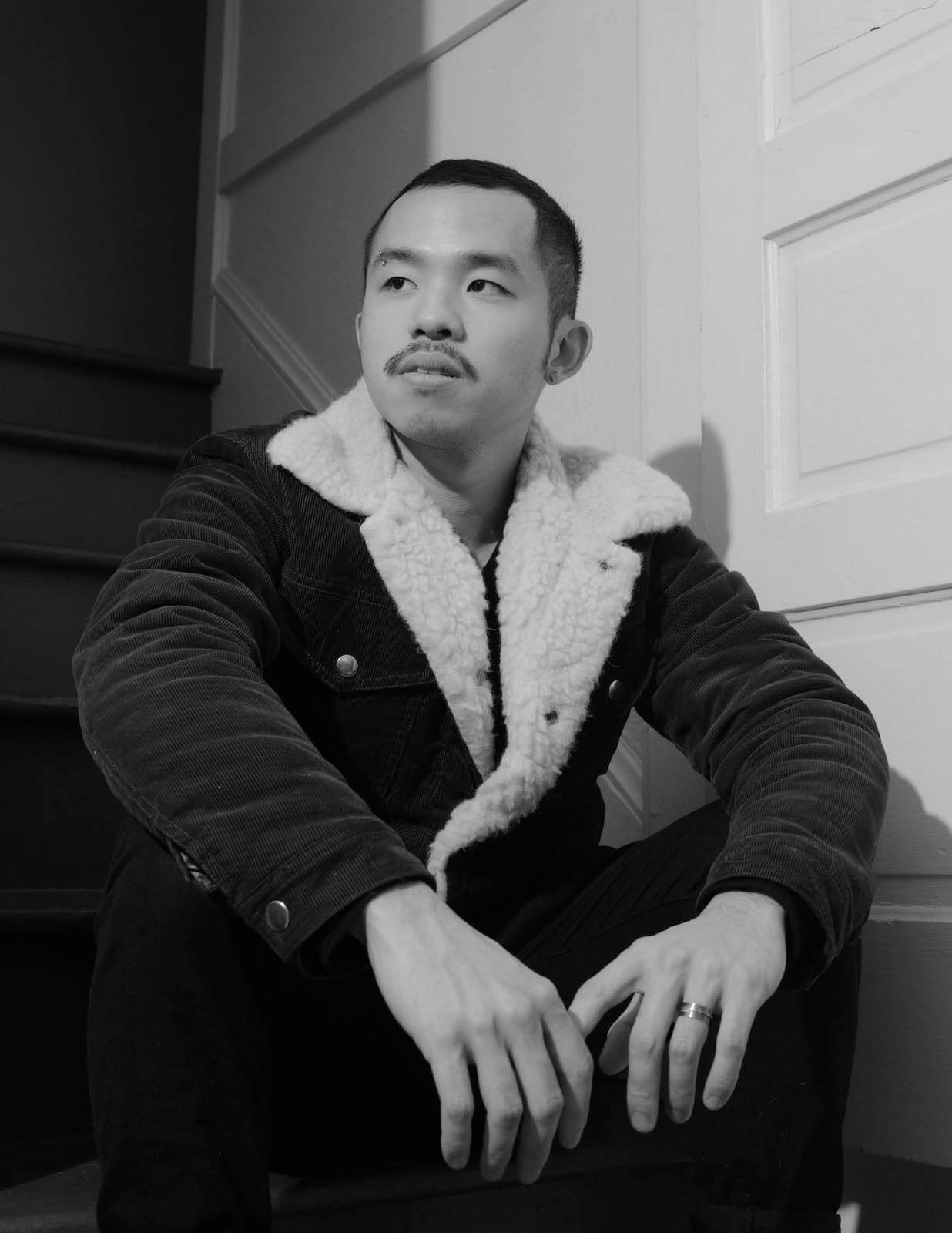
Ricardo Nagaoka: I think the last time we spoke about money and trying to make it as artists, we were both looking for part-time jobs just to make it by. Looks like we’ve both made it through alive and well!
Peyton Fulford: Yes I remember, that was when we were both in NYC having editor meetings. I had just started photography full time and was still trying to figure how to juggle everything. The thing about freelance is it’s like stepping into the unknown – everything is up in the air when it comes to keeping steady work. Do you find the flux of it all thrilling or a bit anxiety driven?
RN: I remember we both had made that jump at basically the same time, and it was really good to talk about it all at that point. I quit my full-time job because I realized for myself that the anxiety of being in an office 9-5, Monday to Friday, was a lot more to handle than freelancing, and I know that might sound ridiculous to some! But I wanted to be shooting, working on my own projects, travelling and experiencing new communities, which a job like that was preventing me from doing to the extent I wanted. So yeah, even when things get really tight, and the jobs don’t come through, I remember of that time of my life and it reminds me that I would much rather be where I am than where I was. I still get the anxiety and stress, even though I’m currently getting the most consistent work I have in my life, that fear that it might all crumble tomorrow hasn’t really left. Part of it is definitely that nagging feeling that I don’t feel as “established” yet; it all seems so uncertain but I can’t deny the excitement of what might come. How about yourself? We’ve both definitely come a long way since that last time we met in NYC!
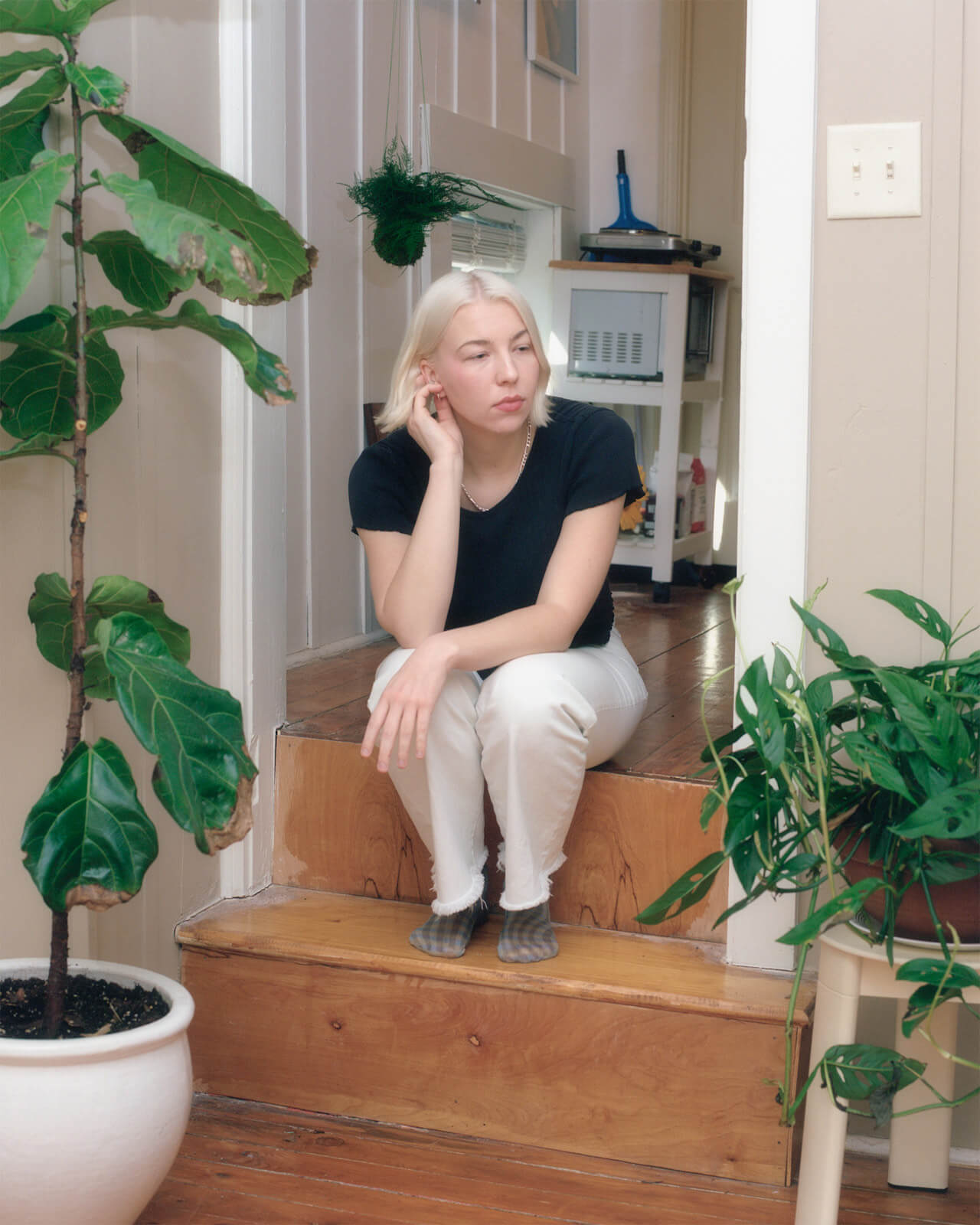
PF: We really have – it is wild how much can change in just a year. Around that time, I had also quit my full time job working as a social media manager in a more corporate setting which in the end was not fulfilling and as you said felt like it was taking up a lot of my energy I would rather be putting towards photography. After that it seemed like everything aligned with me doing freelance so I ran with it and here we are. I find the instability of this industry both thrilling and anxiety driven but for the most part it is just exciting to be making pictures for a living. It always keeps you on your toes, searching for new meaning in storytelling. So we now live on opposite sides of the US – you are on the West coast and I am based on the East coast. But let’s go back to the beginning because I know you have moved around quite a bit. How did you end up in Portland? And did you always have an interest in photography?
RN: For sure! I try to be better about reminding myself that we are so incredibly lucky to be doing what we love, even though our relationships with the medium can be tumultuous at times. I was born and raised in Paraguay, a little landlocked country in South America. Growing up, I didn’t really have much exposure, if any really, to any form of creative work aside from local folk art. It wasn’t until my senior year of high school in Canada, where we moved to when I was in middle school, that I took my first art history class and really became acquainted with the Western canon and beyond. I was sort of taking photos at that time, but only as a side thing that started when I was the first kid in our skate group to own a camera, when I realized that this tool was very much a viable medium and art form in itself. I guess when all you’re exposed to is painting and sculpture, it was a huge revelation for me and was what eventually led to me to go to school for photography on the east coast. I met my partner at RISD and she got a job out in Portland that offered to relocate both of us, which was an absolutely terrifying yet exhilarating idea, to move to this place I’ve never set foot in or even really heard much about. It was really hard at first, since most of my world lived out east, and as you know freelancing is so much about who you know! Thankfully, I’m in a much better place now. Which does lead me to something that we’ve talked about before, that is, being a photographer in a city that’s not New York, Los Angeles or London. How have you fared with that? I’ve definitely gotten the “if you’re serious about being a photographer, why aren’t you in New York?” spiel before, and it used to really make me question my decision to be living in this smaller city.
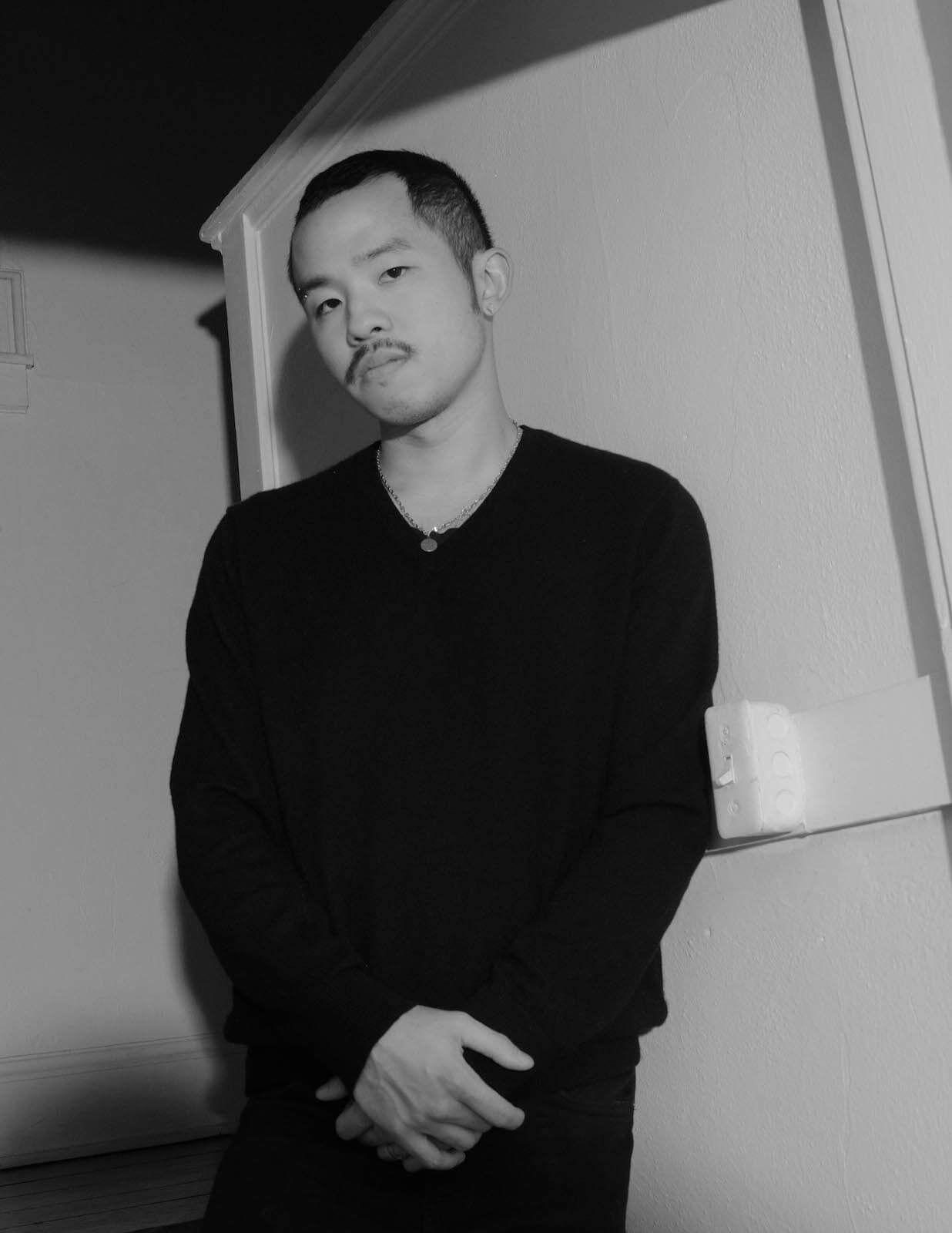
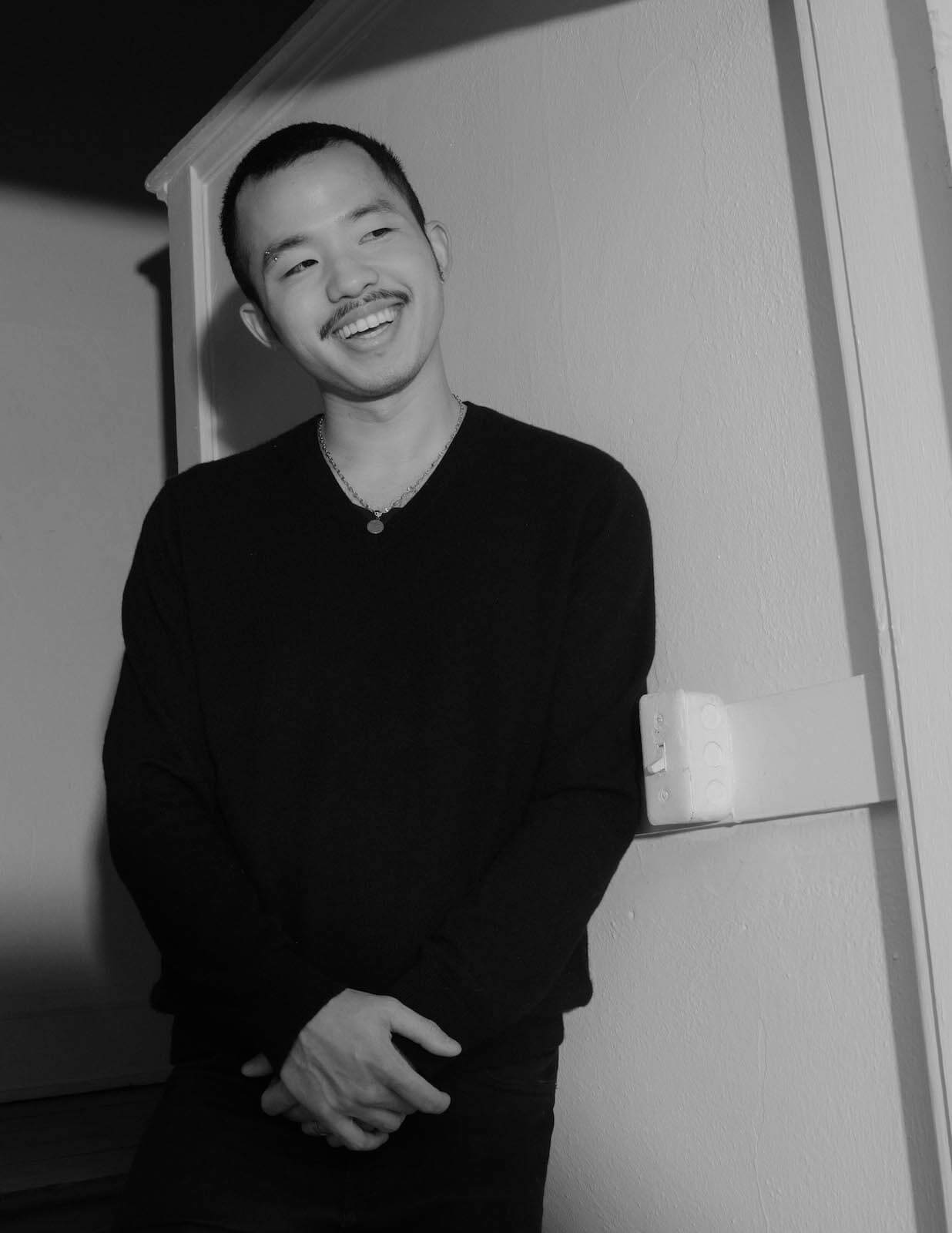
PF: I had a similar experience where I grew up with not much exposure to art since I was living in such a small town. In college, I went pre-med thinking I wanted to become a doctor. Then life happened and I found myself changing my major to studio art. After I graduated, I moved to Atlanta and have been here ever since. As for being a photographer in a city that is not New York, London, or LA, I think it is possible to succeed as long as you have the drive to put your name out there and get connected with the right people. It truly is all about who you know. That is where social media has really changed the industry. You can now reach people all over the world which can result in real connections leading to new opportunities. I am not sure how this is for you but majority of editors and directors have reached me through Instagram. Have you found social media to be a useful tool in your career?
RN: Definitely, I can’t deny how much social media has changed how we live and work. I have a bit of a tenuous relationship with social media platforms, especially Instagram, since it’s how most of us show our work nowadays. On one hand, I know that a huge portion of the opportunities I’ve been given originated from editors and directors finding out about my work through IG. But I’ve had my troubles coping with the way it accelerates how much content people consume, how fast images come and go, where sometimes we barely register what we’ve looked at in a single day. At times too there is this real pressure to keep posting work, feed the algorithm or the platform won’t play nice, when I often want to sit on my work for a while before I share it with the world. I just want some time for the work to breathe. Then again, being in a smaller city, this is one of the most direct channels to the industry as a whole and it would be silly to not push myself in this manner. Definitely trying to treat it more as my sketchbook than a portfolio as of recently, which has been a lot more fruitful for me. Being on this topic of making money while trying to be an artist: have you felt any dissonance with how you portray yourself to keep being afloat as a viable freelancer, while not changing yourself as an artist for the sake of money? This is something I’ve struggled with, balancing myself as an artist with the economy of surviving as a freelancer. The last thing I would want to do is change my practice for money, not that I have done so but I have definitely felt the pressure before. Hopefully I can keep getting work while being fully myself, which is, of course, an incredible privilege!
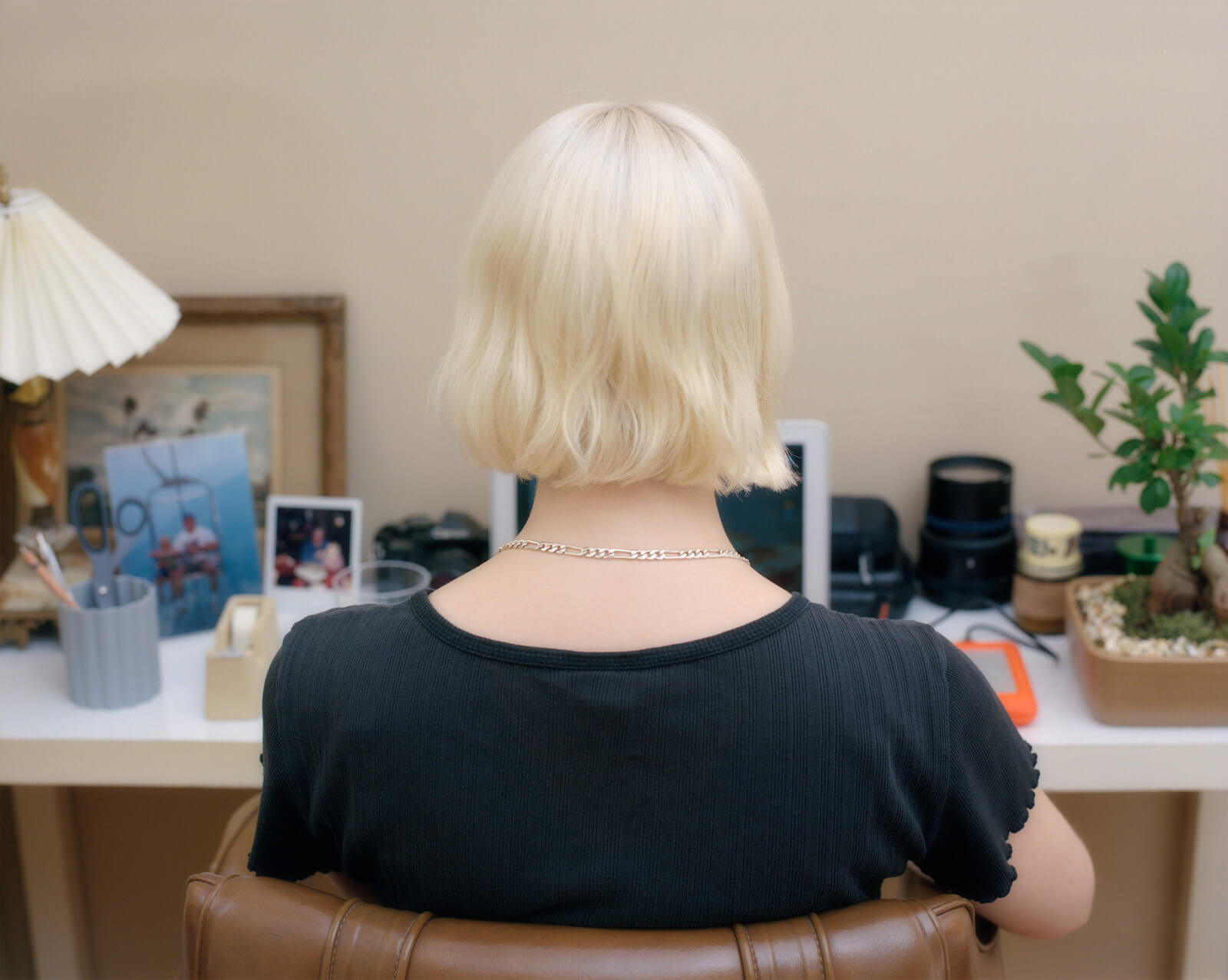
“I felt pressured to change my practice and become more commercial for the sake of making more money but I never acted on it.”
PF: I feel the same way. It has been much more fulfilling to sit on the work for a bit before sharing through Instagram. In regards to my work, I would like to think I only use social media as a way to give attention to these important stories I have had the chance to visually tell. But there will probably always be a sense of validation that comes from it as well. To be honest, I don’t really feel much dissonance at the moment about how I portray myself as an artist. I have been lucky to get enough work that has kept me afloat and editors have been really spot on with giving me assignments that I believe in wholeheartedly. I definitely struggled with it in the past though, especially when I first came out of college and was like oh now I don’t have school to fall back on. I felt pressured to change my practice and become more commercial for the sake of making more money but I never acted on it. It can be difficult to remain true to yourself in this industry even though I believe it is changing for the better. It seems editors are hiring photographers now based on their portfolio and putting trust in the photographer’s vision. Has this been your experience with assignments? From what I have heard, editors used to have much more creative control over the final product. Of course it is still about finding a happy medium and working together to create something in the end that may catch both photographer and editor by surprise.
RN: It has been yes! I guess it’s more of a push and pull for myself in what is it that I want the medium to do for me and the audience. There’s also this anxiety in the back of my mind on how much the world operates on trends, that one day my work might not resonate as well or at all, and maybe that would spell some end to a huge part of how I make an income? It sounds so silly when I talk it out, yet it keeps me up at night sometimes! I also want to mention that I eventually want to to make teaching a bigger part of my life, purely for the love of being in a classroom setting again, although it did start making me think about how so many of us are pushed to be multidisciplinary and multifaceted in order to survive in the current state of our gig economy. I’ve retouched a bunch, worked on film sets, edited motion projects, taught workshops, worked in the horticultural industry, and so many other stints in all these other worlds in order to keep the boat afloat. I always wonder how much that influences our generation both in our practices and our life perspectives.
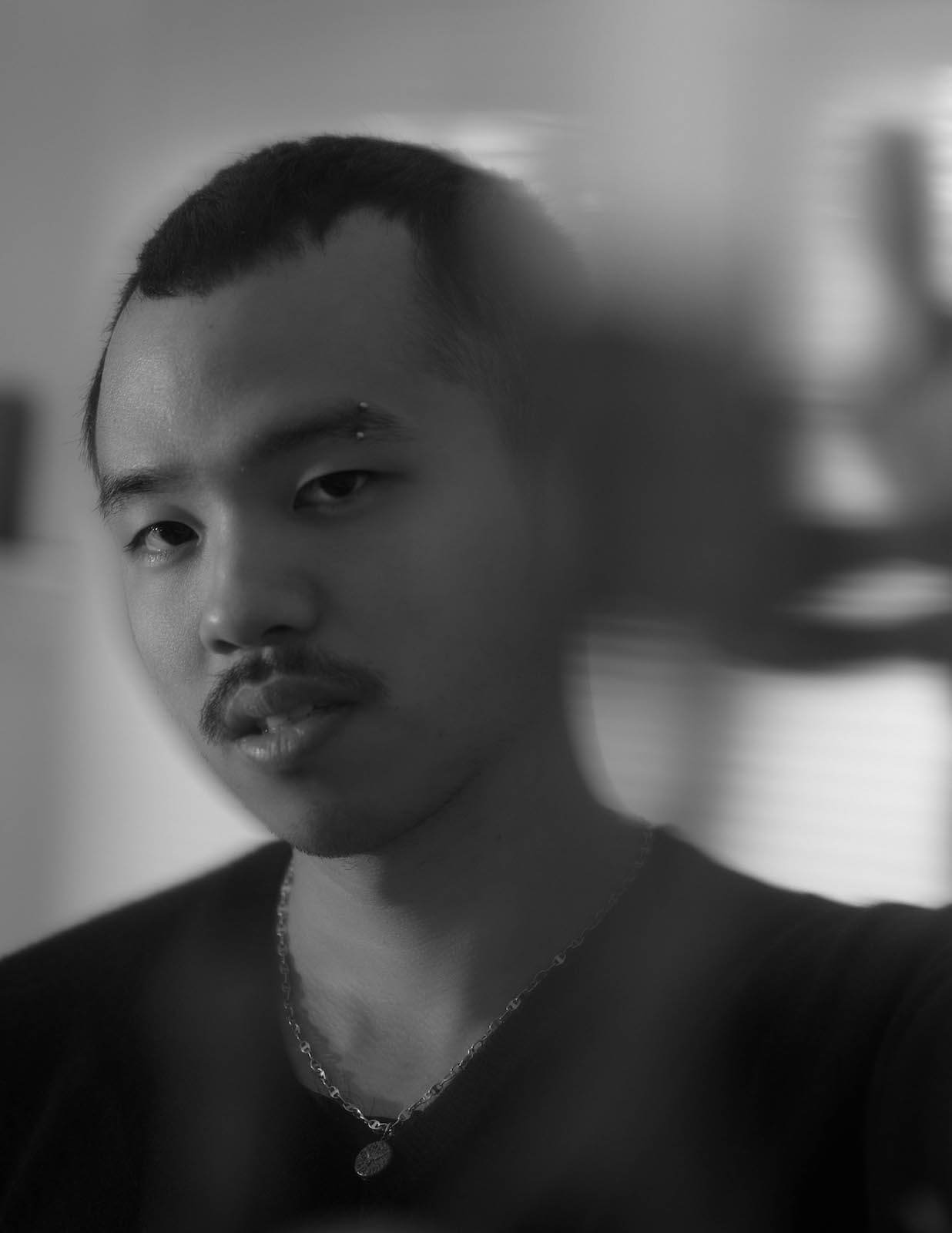
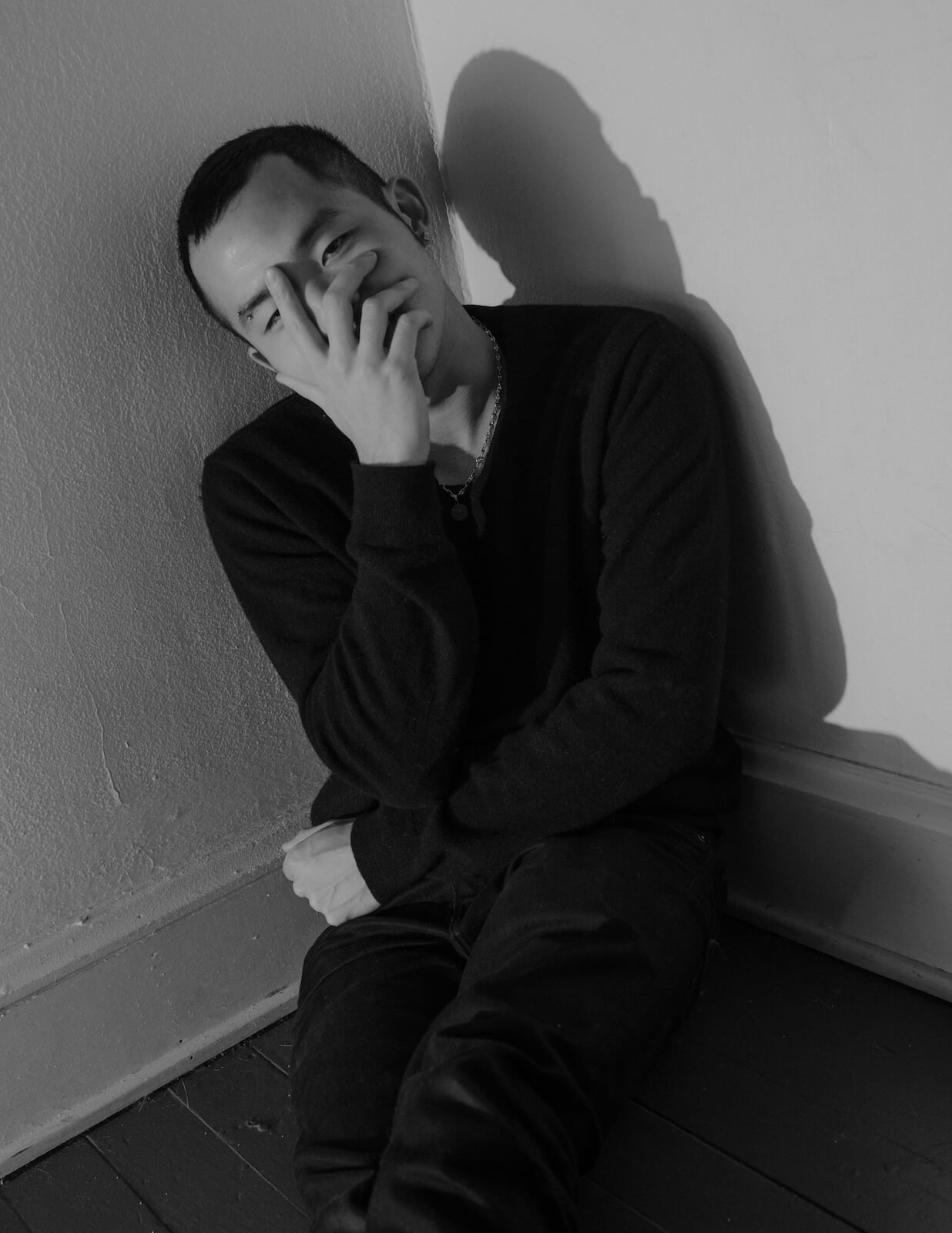
PF: It is a tightrope walk trying to balance your integrity as an artist as well as your ability to make a living. The need to be multifaceted in this industry is a popular topic of conversation among my friend group. It seems essential in this day and age to be as skilled in many different disciplines as one possibly can in order to survive the changing economy. This leads me to think about negotiating money for assignments. It varies from job to job but with more experience I have found myself speaking up if I do not think the pay is adequate for the output of work. Of course if I believe in the story, I will accept a lower rate but current money flow also factors in. How do you feel about this? Have you found yourself in a similar position?
RN: On one hand, I totally understand how tough it is to get proper budgets in today’s creative world, especially editorial. However, I’ve definitely learned to stand up for myself in situations that require some form of negotiation on my part. It was really empowering to say no for the first time last year because the pay was just way too small for what the job entailed, and the conversation was luckily very amicable. There is that very real fear so many of us feel to speak up and potentially lose a client or a job, but I’ve come to realize that I just can’t agree to work that is borderline exploitative of our knowledge, time, and creativity. It’s hard out there, but it makes those really great assignments that much more exciting when they come!
PF: Right. Money does not have to be the driving force but it is important to know your own worth as a photographer.
RN: And even though it sounds so obvious when we talk about it, in practice it can sometimes be so incredibly hard to remember this!
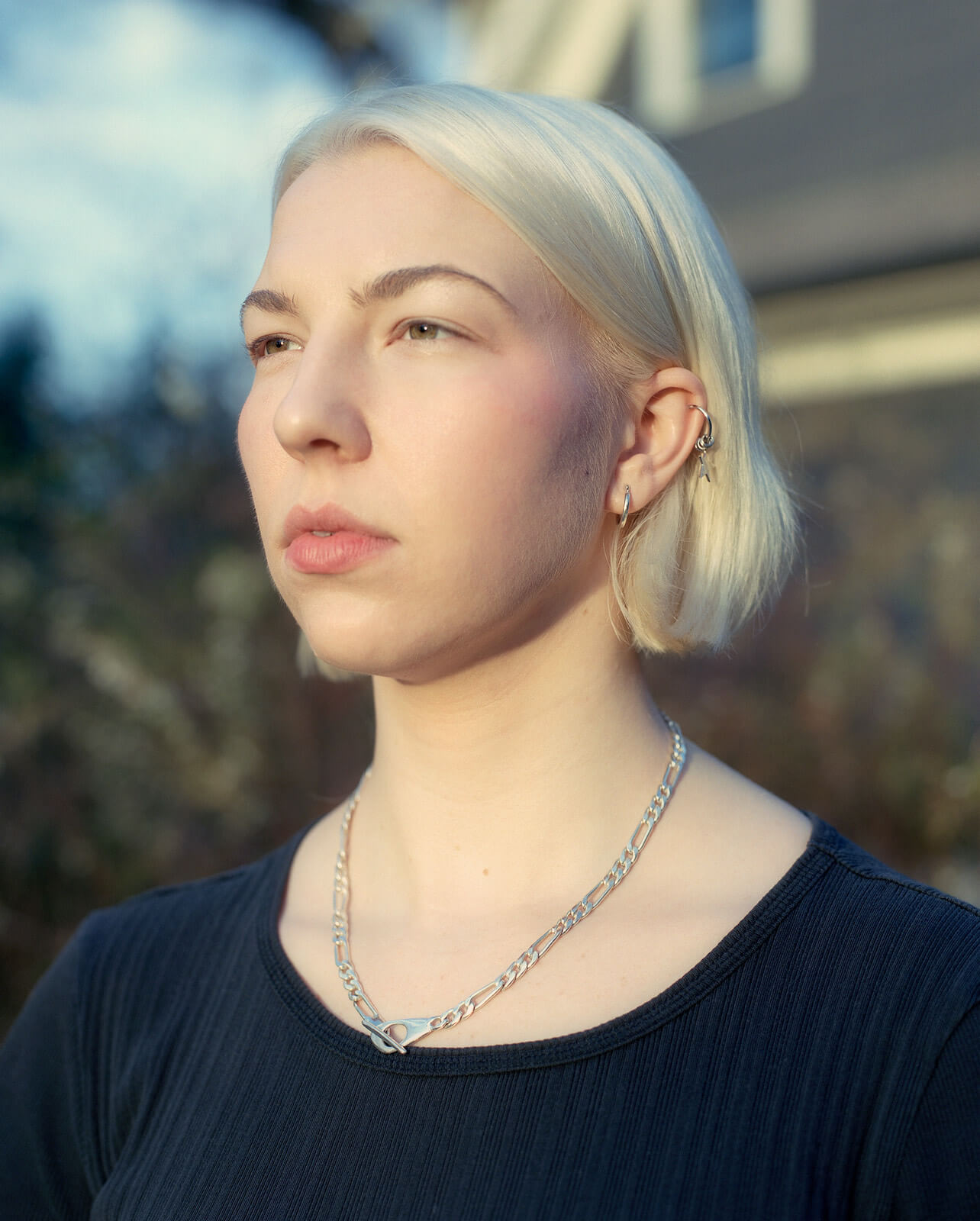
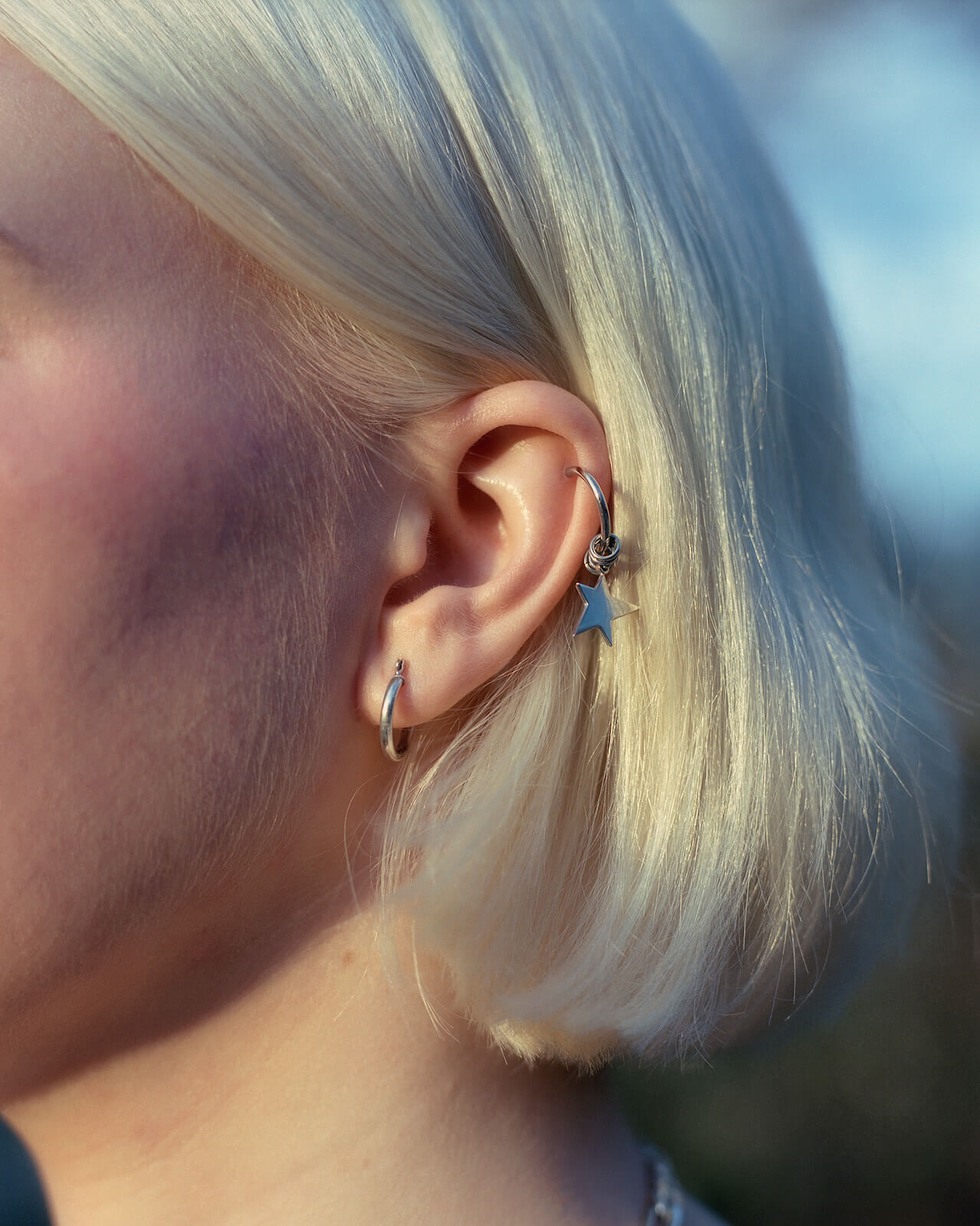
PF: It is easier said than done. Well, we have started a new year which is equally exciting and intimidating. Just in the first month, I have already felt a shift with many editors changing magazines and the news of PDN shutting down.
RN: I used to get scared of these types of shifts, not to say that they don’t anymore, but that I’ve learned to appreciate the constant churn of our surroundings. PDN shutting down really pains me, but I’m also interested to see what comes in it’s place, who takes up the space in the gap that is now there. There used to be a photo space in Portland called Newspace Center for Photography that closed down in my time here; it was truly heartbreaking to lose such an anchor for the photo community in such a sudden manner. But out of this, a few volunteers got together, raised money, bought most of the facility’s equipment, and opened a community owned photo space, the Portland Darkroom. Stories like this are what give me hope when these changes happen, no matter how drastic they seem in the moment.
PF: I could not agree more. It’s been lovely chatting and I hope our paths cross again soon!
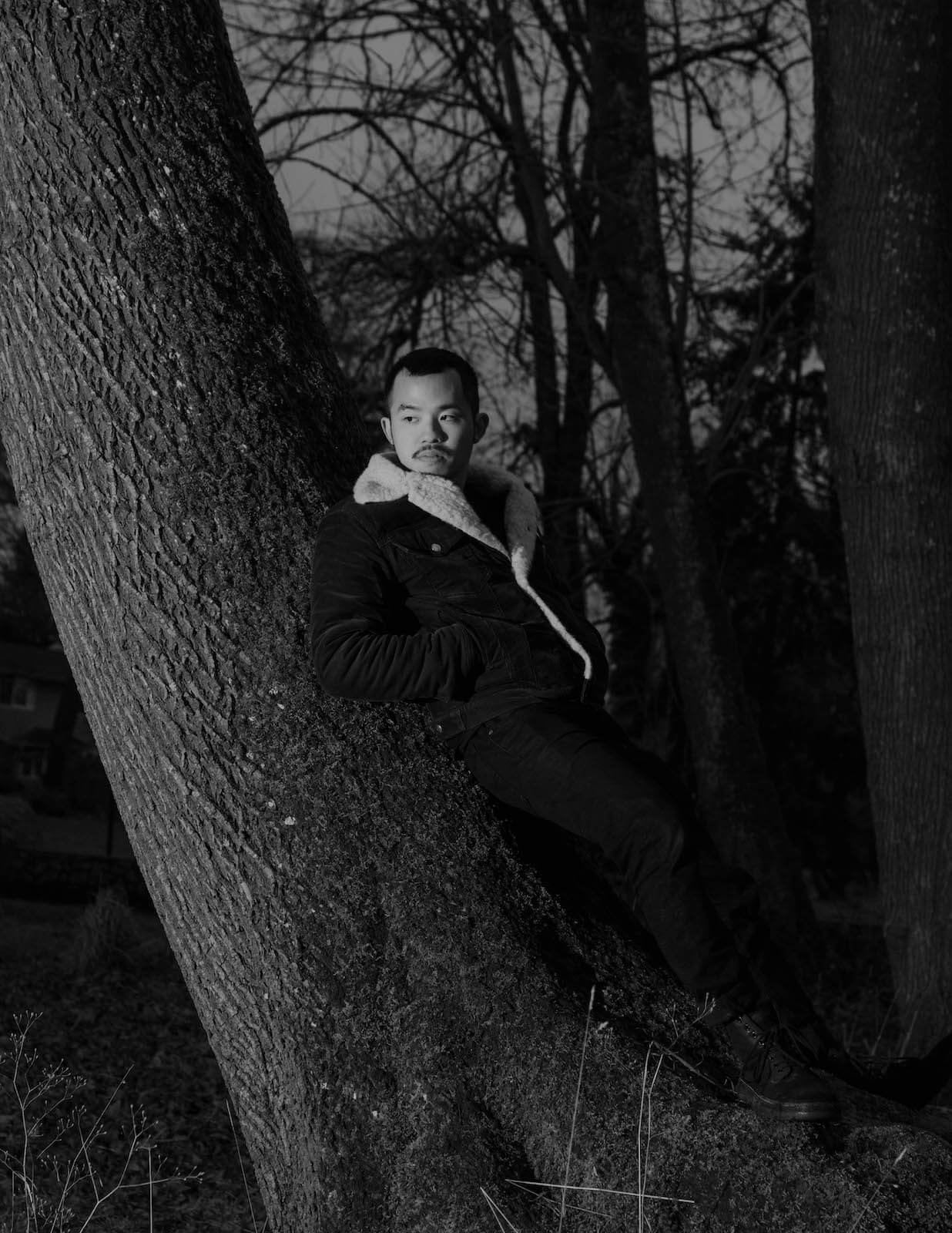
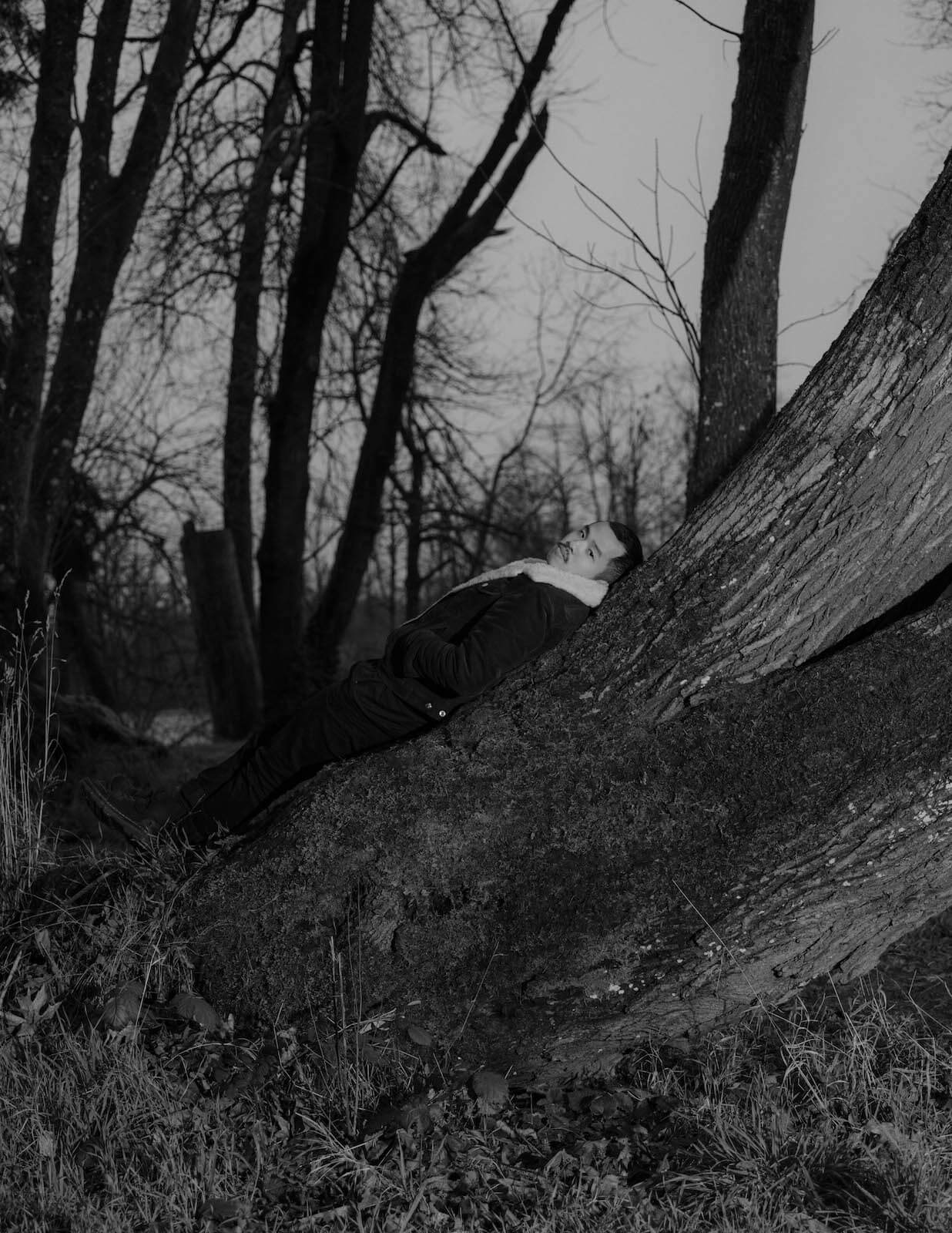
Rocket Science has been featuring the best in contemporary photography since 2016 through interviews, conversations, studio visits and essays by photographers, writers and artists. Your donation to Rocket Science directly supports new artistic content in the pages of Rocket Science and helps us pay our contributors fairly.
